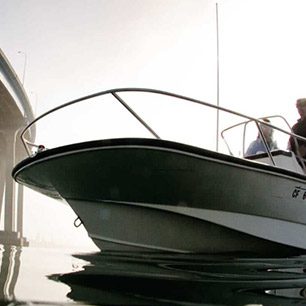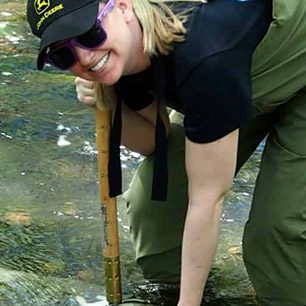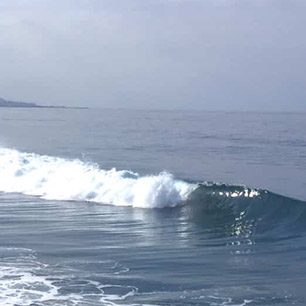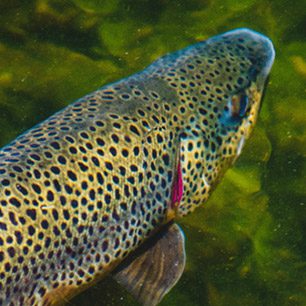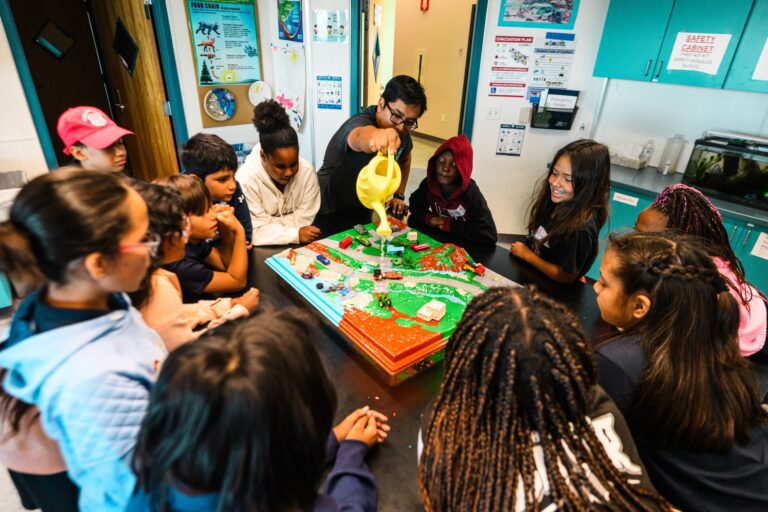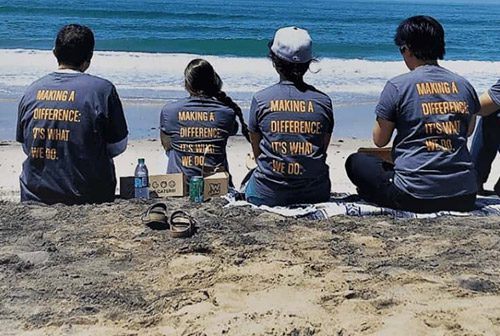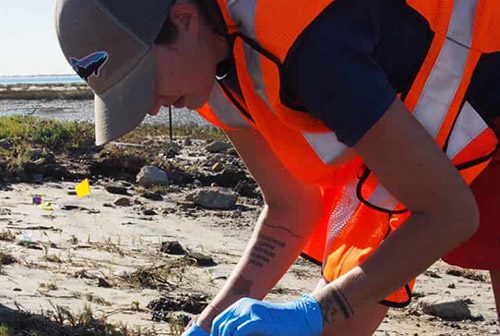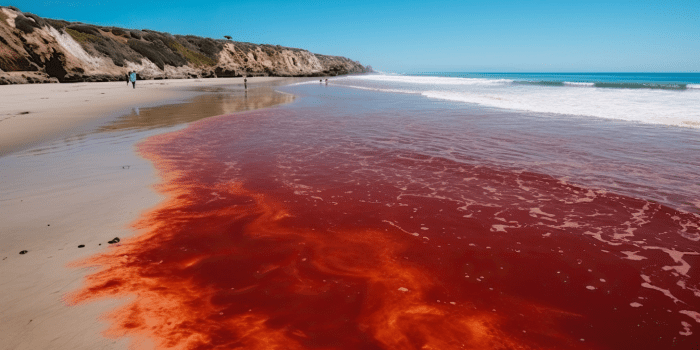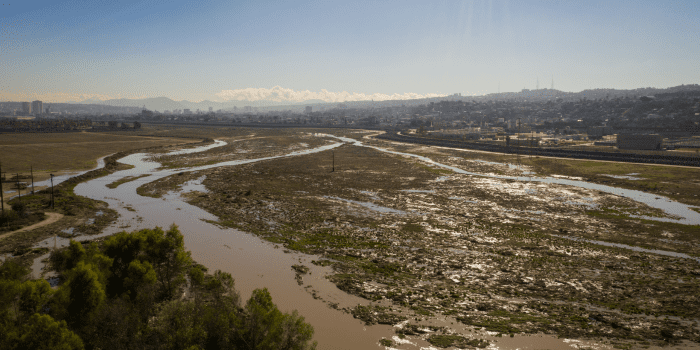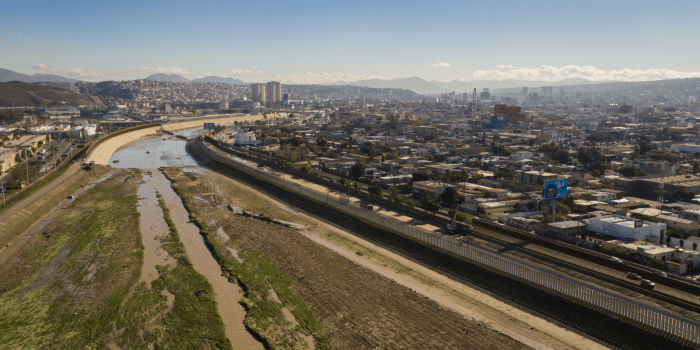

10. They are expensive.
They may seem cheaper at first, but over time, the cost of disposable plastic items adds up. How many Zip-Loc bags do you use in a year when reusing one food container could work? Or how many bottles of water would you buy versus one reusable stainless steel container?
9. They make nature ugly.
I will never forget swimming in the La Cove last year when my swimming partner and I couldn’t tell if the thing floating around us was a plastic bag or a jellyfish. Is trash so common now that we accept it as a part of our outdoor reality?
8. It’s everywhere.
At Christmas this year, every single item my nieces and nephew unwrapped had plastic in it. What happened to the years of wood construction sets and glass marbles? Plastics have infiltrated everything—food containers, cigarettes, clothing, housewares, beauty products, cars, etc.
7. Many are single-use.
Shoppers worldwide use 500 billion to one trillion plastic bags per year. That’s about a million bags every minute across the globe. Why?
6. They make us lazy.
That’s why. Why bring your own reusable shopping bag when the store will give you a free disposable one? Why struggle with remembering to wash and bring home your lunch container, when you can just throw away the plastic baggie?
5. They are made of oil.
Our dependence on oil is an everyday conversation, but it goes beyond the gas we put in our cars.
4. More than 60% of marine debris is plastic.
Ew.
3. Birds and fish think they are food.
Have you seen Chris Jordan’s photos showcasing the massive amounts of plastics inside the stomachs of dead birds?
2. They do not biodegrade.
Plastics break down in a process called photodegrading, which means they simply break apart into ever-smaller pieces, eventually forming “plastic dust.” Through this process they release chemicals and toxins, which have many harmful effects to the ocean.
1. Because we have other choices.
Do you make them
?

